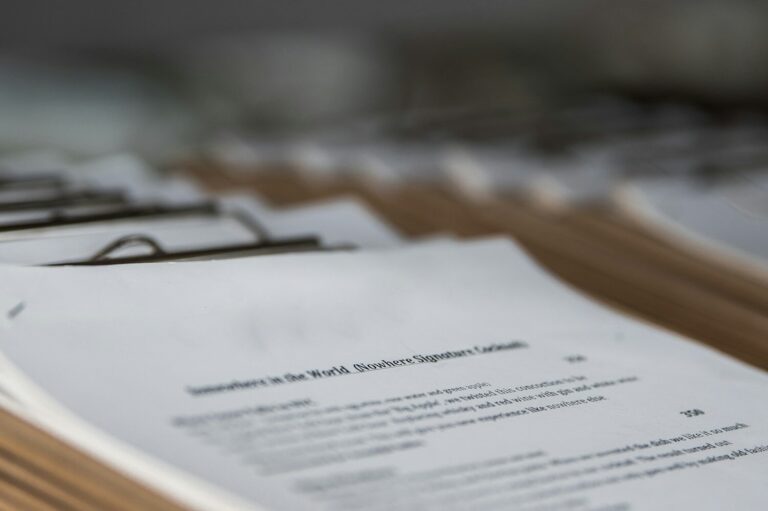Reaching a financial settlement in divorce is often one of the most difficult and drawn-out parts of the process. While many couples believe that a verbal or written agreement between solicitors means everything is resolved, this is not always the case. This is where Xydhias agreements come into play.
In this article, we’ll explore what a Xydhias agreement is, what it means for your divorce settlement and when a financial agreement becomes legally binding.
What Is a Xydhias agreement?
A Xydhias agreement is an informal financial settlement between divorcing spouses that has not yet been formalised by a court order. It’s named after the case Xydhias v Xydhias [1999], which set a legal precedent in England and Wales.
In the Xydhias case, the Court of Appeal held that where both parties’ solicitors had agreed on the main terms of a financial settlement – even if some details were still being worked out – neither party could simply walk away from the agreement.
The key takeaway? Once an agreement has been substantially reached, the court can treat it as binding, even if it hasn’t yet been sealed by a judge.
Why are Xydhias agreements important?
Xydhias agreements are crucial because they help determine when a financial settlement becomes enforceable, even if there’s no formal consent order yet in place.
This matters because:
- Many people assume nothing is binding until the court signs off, but Xydhias agreements can carry significant weight.
- Attempting to back out of an agreed settlement could be challenged by the other party.
- They highlight the importance of legal advice and clarity during negotiations.
In short, once substantial agreement has been reached – even informally – you may not be able to change your mind without good reason.
When is a divorce settlement final?
In UK divorce law, a financial settlement is considered final when it is:
- Formally agreed in writing by both parties, and:
- Approved by the court through a consent order.
However, in the spirit of the Xydhias ruling, courts can hold parties to a financial agreement even before it’s officially stamped – provided the core terms have been agreed and both parties acted as though a deal was done.
Courts will examine:
- Whether there was a clear intention to settle.
- What the solicitors communicated on behalf of their clients.
- Whether key financial terms were accepted.
- The context and conduct of both parties after the agreement was made.
This means a divorce settlement may be deemed final before a judge formally seals it.
Can you withdraw from a Xydhias agreement?
Withdrawing from a Xydhias agreement is not straightforward. If you try to change your mind after a substantial agreement has been reached, the other party can ask the court to uphold the original terms.
However, the court will consider exceptional circumstances, such as:
- Evidence of misrepresentation or fraud.
- A significant change in financial circumstances.
- A lack of full financial disclosure at the time of agreement.
If none of these apply, courts are likely to enforce the agreed settlement to prevent drawn-out litigation and protect fairness.
How does no-fault divorce affect settlement finality?
The introduction of no-fault divorce in the UK means couples no longer have to assign blame to dissolve their marriage. While this simplifies the divorce process and often leads to quicker resolutions, it does not change how financial settlements are assessed or finalised.
Under no-fault divorce, Xydhias agreements remain a relevant and powerful tool. Couples are still encouraged to reach settlements out of court, but must be aware that informal agreements may still carry legal weight.
Why you should formalise agreements promptly
Even if you believe you’ve reached a fair settlement, it’s vital to formalise the agreement by applying for a consent order. This ensures:
- Your agreement is legally binding.
- Neither party can change their mind later.
- Your financial separation is finalised, protecting you from future claims.
Until a consent order is in place, there’s a risk that informal agreements – like those made in the Xydhias case – could become a source of further dispute.
Get expert legal advice on divorce settlements
If you’re unsure whether your financial agreement is final or binding, or if you’re worried about a dispute arising from informal negotiations, speak to our expert local divorce solicitors in London.
We offer a free 30-minute consultation to help you understand your position, your rights and how to move forward. Call 0203 983 5080, email [email protected] or use the form below to get started with our divorce legal services team.




